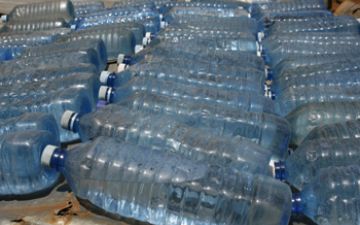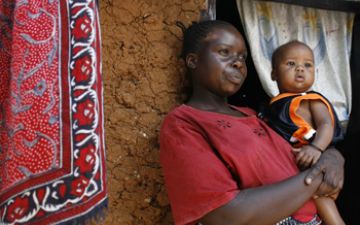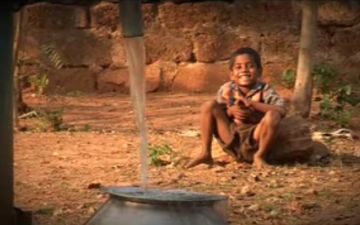While Americans fret over rising gas prices and global tension over oil, the world's poor are struggling to secure access to another, even more basic resource. Water scarcity in East Africa is fueling conflict and thwarting development while growing in step with local populations and rising global temperatures.
Though the actions of industrialized nations are primarily responsible for global warming, its effects are being felt most heavily in less developed regions of the world such as East Africa, where climate change can be tied to detrimental environmental issues such as droughts and melting snowcaps.
Colonial era treaties granting rights to water from Nile tributaries to Egypt are leaving Ethiopian farms without access to irrigation. As dry seasons grow longer in the arid plains of Eastern Kenya and Ethiopia, tribal conflict over access to watering holes is on the rise, exacerbated by the proliferation of arms from neighboring Somalia. With clean water access increasingly scarce, the burden of securing a daily water supply has become a daunting task for women and young children who often spend hours a day carrying water for their families from remote locations. Many Western aid organizations have focused their efforts on improving water access, with mixed successes.
Reporting from Ethiopia and Kenya, Seattle-based multimedia journalists Sarah Stuteville, Jessica Partnow and Alex Stonehill from The Common Language Project, Kenyan journalist Ernest Waititu of AfrikaNews.org and project intern and videographer Julia Marino of Ohio University take an in-depth look at East Africans' struggles for water and how the actions of Americans are both alleviating and intensifying the problem.




